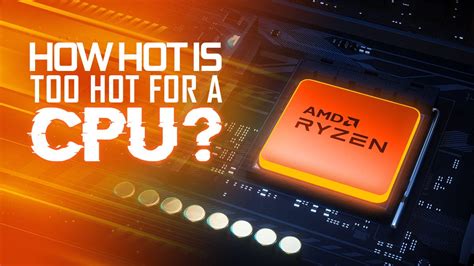How Hot Is Too Hot For Intake Air Temperature
Ronan Farrow
Apr 04, 2025 · 3 min read

Table of Contents
How Hot Is Too Hot for Intake Air Temperature?
Maintaining optimal intake air temperature is crucial for your engine's performance, fuel efficiency, and longevity. But how hot is too hot? Let's delve into the details.
Understanding Intake Air Temperature (IAT)
The intake air temperature (IAT) sensor measures the temperature of the air entering your engine's combustion chamber. This information is vital for the engine's computer (ECU) to adjust fuel delivery and ignition timing. Hotter air is less dense, meaning it contains less oxygen. This impacts the combustion process, leading to potential issues if it gets too extreme.
The Ideal IAT Range
Ideally, your engine performs best with cool, dense intake air. The optimal IAT range varies depending on the engine design and the ambient temperature, but generally, an IAT below 100°F (38°C) is considered ideal. Within this range, combustion efficiency is maximized, resulting in optimal power and fuel economy.
When IAT Becomes a Problem
When the IAT rises significantly above the optimal range, several problems can emerge:
Reduced Engine Power
Hotter air contains less oxygen, leading to incomplete combustion and reduced power output. You might notice a decrease in acceleration and overall performance.
Increased Fuel Consumption
To compensate for the lack of oxygen in hot air, the ECU might inject more fuel. This leads to higher fuel consumption without a corresponding increase in power. This is a significant drain on your vehicle's efficiency.
Detonation (Knocking)
Excessive heat can cause the air-fuel mixture to ignite prematurely, resulting in detonation or knocking. This puts stress on engine components and can lead to severe damage if persistent. You'll hear a pinging or knocking sound coming from the engine.
Damage to Engine Components
Prolonged exposure to extremely high IATs can damage vital engine components, including the pistons, valves, and cylinder head. This can lead to costly repairs or even engine failure.
Factors Affecting IAT
Several factors can contribute to high IAT:
- Ambient Temperature: High outside temperatures directly influence the intake air temperature.
- Driving Conditions: Stop-and-go traffic and long uphill climbs increase engine temperatures, raising the IAT.
- Air Filter: A clogged air filter restricts airflow, causing the air to heat up before reaching the engine.
- Faulty IAT Sensor: An inaccurate or malfunctioning IAT sensor can provide incorrect readings to the ECU, leading to improper fuel delivery.
- Cooling System Issues: Problems with the engine's cooling system can indirectly increase the IAT.
Keeping Your IAT in Check
To maintain optimal IAT, consider these steps:
- Regular Maintenance: Replace your air filter regularly according to the manufacturer's recommendations. Ensure your cooling system is functioning correctly.
- Driving Habits: Avoid prolonged periods of idling or aggressive acceleration.
- Vehicle Modifications: Certain performance modifications, such as cold air intakes, can help lower IAT. However, ensure they're correctly installed and designed for your vehicle.
By understanding the importance of intake air temperature and taking proactive steps to manage it, you can ensure your engine runs efficiently, powerfully, and reliably for years to come. If you suspect an issue with your IAT, consult a qualified mechanic for diagnosis and repair.
Featured Posts
Also read the following articles
| Article Title | Date |
|---|---|
| How Hot Was Ancient Egypt | Apr 04, 2025 |
| How Easy Should Easy Runs Be | Apr 04, 2025 |
| How Do Electric Skateboards Work | Apr 04, 2025 |
| How Far Should My 7 Iron Go | Apr 04, 2025 |
| How Hard Is It To Prove Medical Malpractice | Apr 04, 2025 |
Latest Posts
-
How Long Can A Mosquito Live In My House
Apr 05, 2025
-
How Long Can A Mattress Stay In The Box
Apr 05, 2025
-
How Long Can A Malpractice Lawsuit Take
Apr 05, 2025
-
How Long Can A Horse Live With Epm Without Treatment
Apr 05, 2025
-
How Long Can A Horse Live With Copd
Apr 05, 2025
Thank you for visiting our website which covers about How Hot Is Too Hot For Intake Air Temperature . We hope the information provided has been useful to you. Feel free to contact us if you have any questions or need further assistance. See you next time and don't miss to bookmark.
